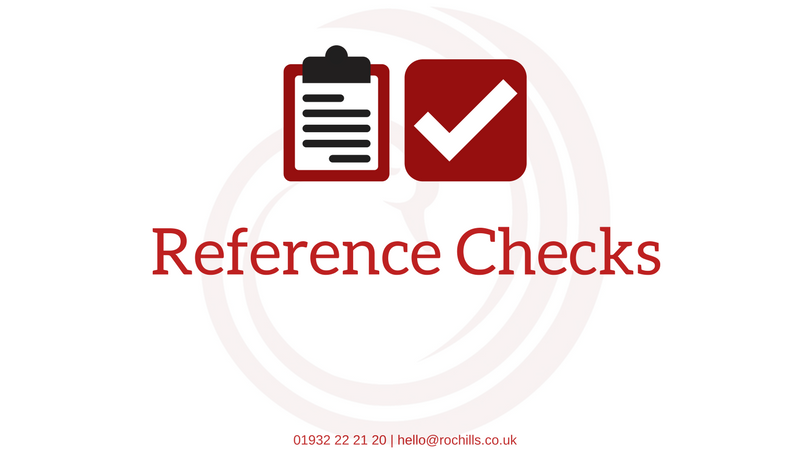After your offer and the tenancy terms have been agreed, the tenancy will be subject to successful referencing.
There are generally two types of referencing, either the agent gathers and checks the references themselves or the referencing process is handed over to a separate company.
You will need to give your consent to your information being shared and checked and if this has not been done already, there will be a sign-up process to the referencing company. Nothing will be able to be done with your application until you have completed this consent.
You will need to supply your personal details, employer and previous landlord information and there will also be a credit score to check if you have any adverse payment history.
To successfully pass referencing you will firstly need to pass the affordability check. The calculation is normally that your gross annual salary would need to be at 30 times the monthly rent. If there are going to be multiple people named on the tenancy, the calculation would apply as a group. If you are splitting the rent into unequal portions, the referencing company will usually consider the affordability of each of your individual shares.
As well as checking the affordability they will contact your employer to confirm your employment and salary. If you are currently within a probation period, you need to disclose this upfront as it is one of the questions that will be asked of your employer. Your previous landlord will also be contacted to confirm that rent payments have been up to date and the previous property kept in a good condition.
If the landlord operates a manual referencing process they will ask you to supply individually written references from your employer, bank and previous landlord and also want copies of bank statements. As part of your search process, it is helpful to gather all of the information for referencing to hand so that your application can be processed quicker.
There are usually three results to referencing: PASS, PASS WITH CONDITIONS and FAIL. Conditional passes will need a guarantor to be in place to support any application and cover any outstanding payments should you ever fail to pay rent.
The guarantor will also need to successfully pass a referencing process. Multiple tenants are jointly responsible for properties so in the case of a problem the landlord could look to one or all of the tenants to make payment. The same can apply to guarantors and so you should clarify which specific costs the guarantor may be required to cover.
For more free advice and updates on the local property market, join the Walton Property Community on Facebook or check out our video advice library on our YouTube channel here.




